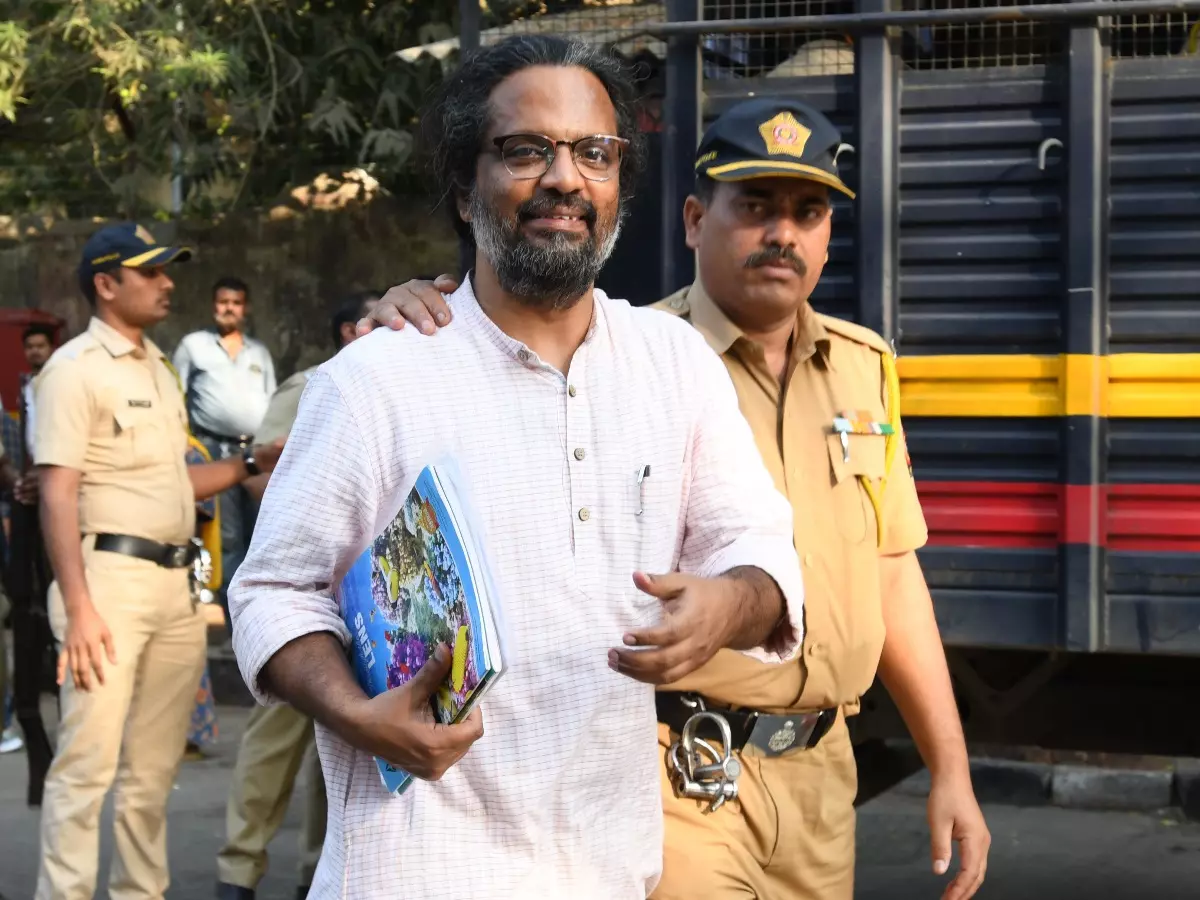As US Firm Finds Evidence Was Planted In Activist's Laptop, A Look Back On Elgar Parishad Case
The case pertains to the 'Elgar Parishad' conclave held in Pune on December 31, 2017, in which many prominent human rights activists, lawyers and others had taken part. But according to the police the conclave was funded by Maoists.

The controversial Elgar Parishad case is once again back in the news after an explosive twist in the turn of events.
This comes after a US-based forensic firm Arsenal Consulting said that the evidence, for which the activists were arrested for was planted.
The case pertains to the 'Elgar Parishad' conclave held in Pune on December 31, 2017, in which many prominent human rights activists, lawyers and others had taken part. But according to the police the conclave was funded by Maoists.
 BCCL
BCCL
What had happened?
According to the findings of Arsenal Consulting, the laptop of one of the activists arrested, Rona Wilson, was infected with malware, called NetWire (available for $10 online), which was planted through an email on June 13, 2016, two years before his arrest on Jun 6, 2018.
The malware was sent to Wilson's laptop from the email id of one of the other accused in the case, Varavara Rao.
Wilson and 15 other civil rights activists and academics were arrested under the stringent Unlawful Activities (Prevention) Act (UAPA) based on letters primarily retrieved from his and co-accused Surendra Gadling's laptop, to claim a conspiracy to kill the Prime Minister and overthrow the government.
 BCCL
BCCL
What the probe found?
But according to Arsenal Consulting, 52 documents were stored in a hidden folder called 'Rbackup' using the malware. The last document was added just a day before Wilson's house was searched and his laptop was seized, on April 17, 2018.
Arsenal Consulting was approached by the American Bar Association after Wilson's defence team was handed over a clone copy of his hard drive, in November 2019.
Talking about its findings, Arsenal Consulting's president Mark Stevens said it was "one of the most serious cases involving evidence tampering¡¯¡¯ that the firm had encountered, "based on various metrics that include the vast time span between the delivery of the first and last incriminating documents".
A brief statement from Arsenal President Mark Spencer regarding Report I in the Bhima Koregaon case. #DFIR pic.twitter.com/UHiSK2YYXm
¡ª Arsenal Consulting (@ArsenalArmed) February 10, 2021
These are NetWire communications between Rona Wilson's computer and the attacker's command & control server, recovered from Windows hibernation slack (January 6, 2018 - January 7, 2018 timeframe) using @ArsenalRecon's Hibernation Recon and @xchatty's bulk_extractor. #DFIR pic.twitter.com/REbkhiqkhF
¡ª Arsenal Consulting (@ArsenalArmed) February 10, 2021
This is one of many "process trees" Arsenal built from recovered application execution data on Rona Wilson's computer in the Bhima Koregaon case. You can see a NetWire RAT launch, delivery of a crucial document into a hidden folder, & creation of a new "Key Logger" file. #DFIR pic.twitter.com/vAG4IGz9wA
¡ª Arsenal Consulting (@ArsenalArmed) February 10, 2021
Citing the findings, Wilson has now moved the Bombay high court to quash his criminal prosecution against him.
Elgar Parishad is one of the two cases that are related to the Bhima Koregaon incident in 2018.
Jan 1, 2018 Koregaon-Bhima village violence
Violence erupted at Koregaon-Bhima village in Pune district on January 1, 2018, where supporters had gathered to commemorate the 200th anniversary of the Battle of Koregaon.
 BCCL
BCCL
This resulted in the death of one person and leaving several injured. Subsequently, the Pune police arrested activists such as Sudha Bharadwaj, Shoma Sen, Arun Ferreira, and Vernon Gonsalves, Surendra Gadling, Sudhir Dhawale and P Varavara Rao for allegedly inciting the Bhima Koregoan violence through their speech at the Elgar Parishad meeting on December 31, 2017.
Serious charges
The charges filed by the police include 'conspiracy to assassinate PM Narendra Modi', 'overthrow the government', 'waging war against the Government of India' under the Unlawful Activities (Prevention) Act (UAPA). Also, it has been alleged that some of the arrested individuals are active members of the banned CPI (Maoists) party. In January 2020, the case was transferred to the NIA. The accused have been charged under Sections 120B, 115, 121, 121A, 124A, 153A, 201, 505(1)(b) and 34 of the IPC and sections 13, 16, 17, 18, 18A, 18B, 20, 38, 39 and 40 of Unlawful Activities (Prevention) Act.
 BCCL
BCCL
The case had been in the news often for how the accused, who are mostly senior citizens, are being mistreated in jails.
One of them, 83-year-old Stan Swamy, a Catholic priest who suffers from Parkinson's Disease had to file several cases in court to get a sipper and straw in jail.
 File Image
File Image
Others like Varavar Rao have alleged that they are not provided even emergency medical aid in jail.
Another activist, Gautam Navlakha had to move court seeking a new eyeglass for reading as he was nearly blind.
